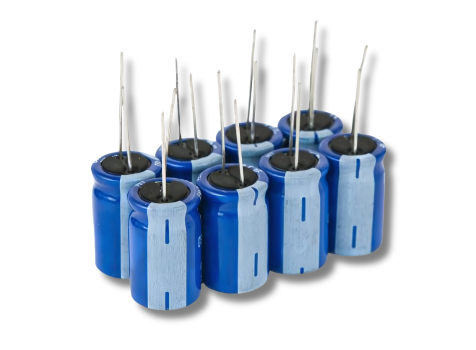The BIS (Bureau of Indian Standards) license assures that products meet Indian Standards (IS). It is required for electrical appliances (IS 302), cement (IS 269), and packaged drinking water (IS 14543). The process entails determining the needed certification (ISI Mark, CRS, or FMCS), testing the product at a BIS-approved lab, and submitting online through the Manak Portal. Factory inspections may be necessary. Once accepted, a unique BIS number is assigned. Processing time ranges from 15 to 90 days, depending on the kind of certification. The license provides legal compliance, consumer protection, and commercial credibility. Fees vary according on product type.

A.C. motor capacitors
2993Power Capacitors of Self-healing Type for AC Power Systems having Rated Voltage up to 650V
13340Shunt Power Capacitors of the Non-Self-Healing Type for AC System having a Rated Voltage up to and Including 1000V Part-1 General Performance, Testing amd Rating Safety Requirements Guide for Installation and Operation
13585 Part 1The ISI mark certifies that a product meets Indian Standards (IS) for safety, quality, and reliability. It is mandatory for various products, including electrical goods, cement, and packaged water.
To obtain an ISI mark, apply through the BIS portal, get the product tested in a BIS-approved lab, submit documents, undergo factory inspection (if required), and receive certification upon approval.
Yes, certain capacitors require BIS certification under the Compulsory Registration Scheme (CRS) to ensure compliance with Indian Standards for safety and performance in electrical applications.
Yes, capacitors must comply with IS 2993:1998 (for power capacitors) and IS 13585 (for AC motor capacitors), ensuring safety, performance, and durability per BIS standards.
There is no specific ISO code for capacitors, but related standards include ISO 9001 for quality management in capacitor manufacturing and IEC 60384 for capacitor specifications.